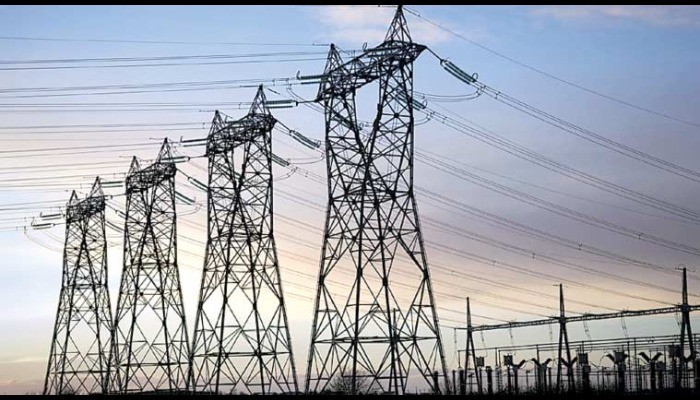The Federal Government is banking on the Public-Private Partnership (PPP) arrangement to bridge the investment gap in the power sector.
Power Minister Adebayo Adelabu, who said that the government will need $10 billion to provide uninterrupted power, described the challenges in the power sector as enormous.
Attacks by vandals of transmission facilities and other infrastructure remain one of the major challenges facing the sector.
Yesterday, the Transmission Company of Nigeria (TCN) said some armed men attacked the construction site of its ongoing 330/132/33Kv transmission substation in Obajana, Kogi State.
Last month, 17 states in the North were plunged into darkness for some days after bandits attack on the Shiroro-Kaduna transmission lines in Niger State.
Speaking during a meeting with the Director-General of the Infrastructure Concession and Regulatory Commission (ICRC), Dr. Jobson Oseodion Ewalefoh, Adebayo said the government plans to engage the private sector in raising a portion of the $10 billion within the next five to 10 years to ensure steady electricity supply.
The meeting centered on the financial and technical needs of the power sector through the PPP initiatives being championed by the ICRC.
Adelabu welcomed the ICRC’s initiative, acknowledging that the government could not solely raise the $10 billion needed for the 24-hour power supply, especially with other sectors also requiring significant investments.
Noting the importance of maintaining government ownership while using private sector funds, the minister identified concessions as the ideal approach to achieve this balance.
He said: “Achieving 24-hour power supply within 10 years requires a funding commitment of around $10 billion, which the government alone cannot provide.
This is why we must partner with the private sector through Public-Private Partnerships (PPPs), while retaining government interest.”
The duo noted the importance of leveraging on private sector expertise and funding to boost power infrastructure, with a shared goal of achieving regular electricity supply nationwide.
Dr. Ewalefoh stressed the role of PPPs in addressing the power sector’s challenges, noting that while funding is essential, the issues are complex and multi-faceted.
He pointed out that the private sector collaboration would provide not only capital but also technical expertise necessary for optimising existing infrastructure and building new power assets.
He said: “Revamping the power sector requires planning, investment and time. Government cannot fund it alone. So, we must rely on the private sector’s financing capacity, which is why the ICRC was set up to regulate this leverage.”
The ICRC DG added that the commission’s regulatory framework aims to streamline the process of attracting PPP investment to the sector, thereby boosting foreign direct investment and driving economic growth.
Ewalefoh unfolded ICRC’s six-point policy designed to accelerate PPP investment and streamline the processes to fast-track project delivery.
He noted that despite simplifying the regulatory procedures to stimulate private sector involvement, stringent, oversight remains in place to prevent delays and ensure that only capable firms engage in these partnerships.
The Commission now includes conditions in PPP agreements, where failure to meet these terms leads to automatic nullification.


